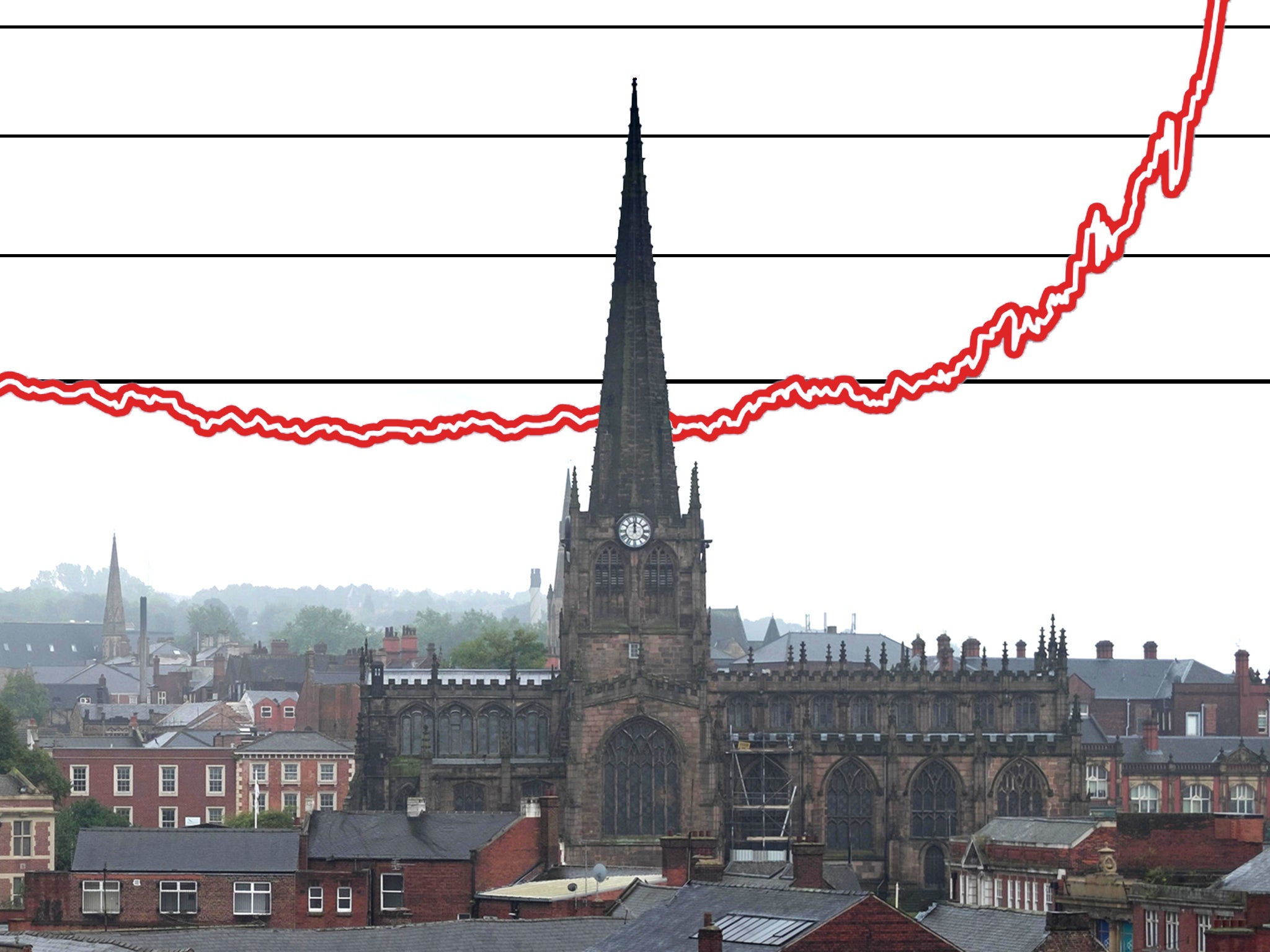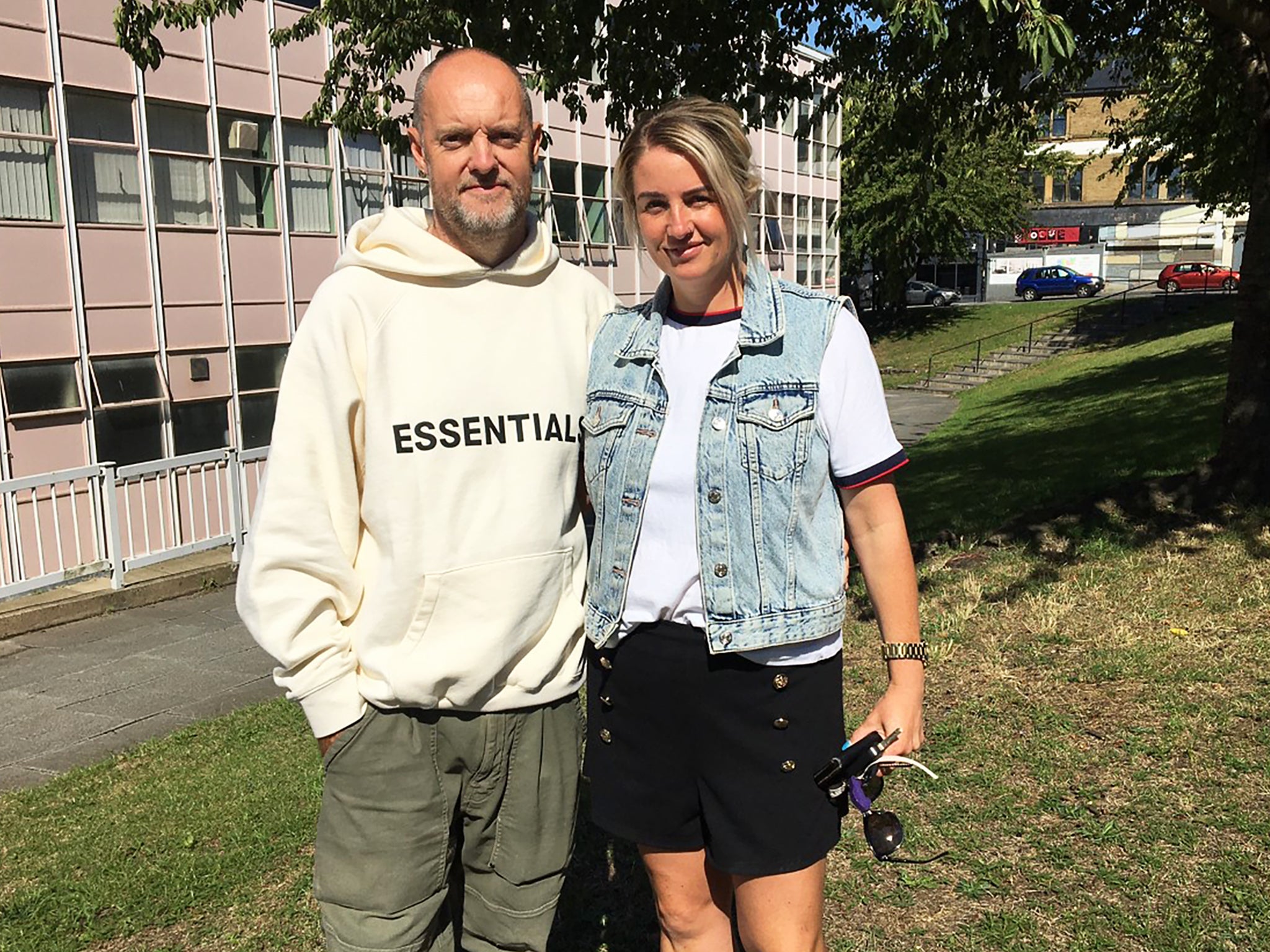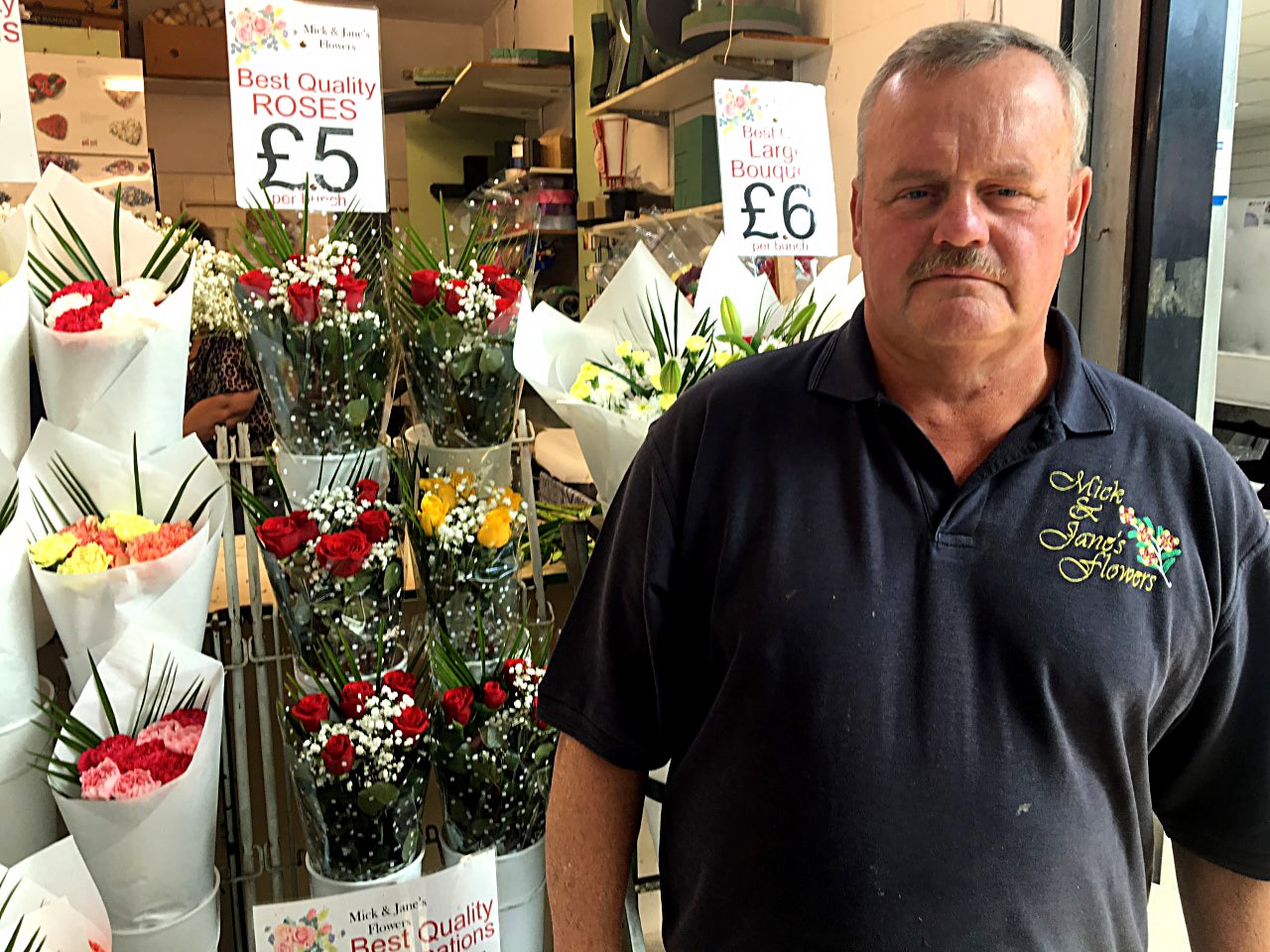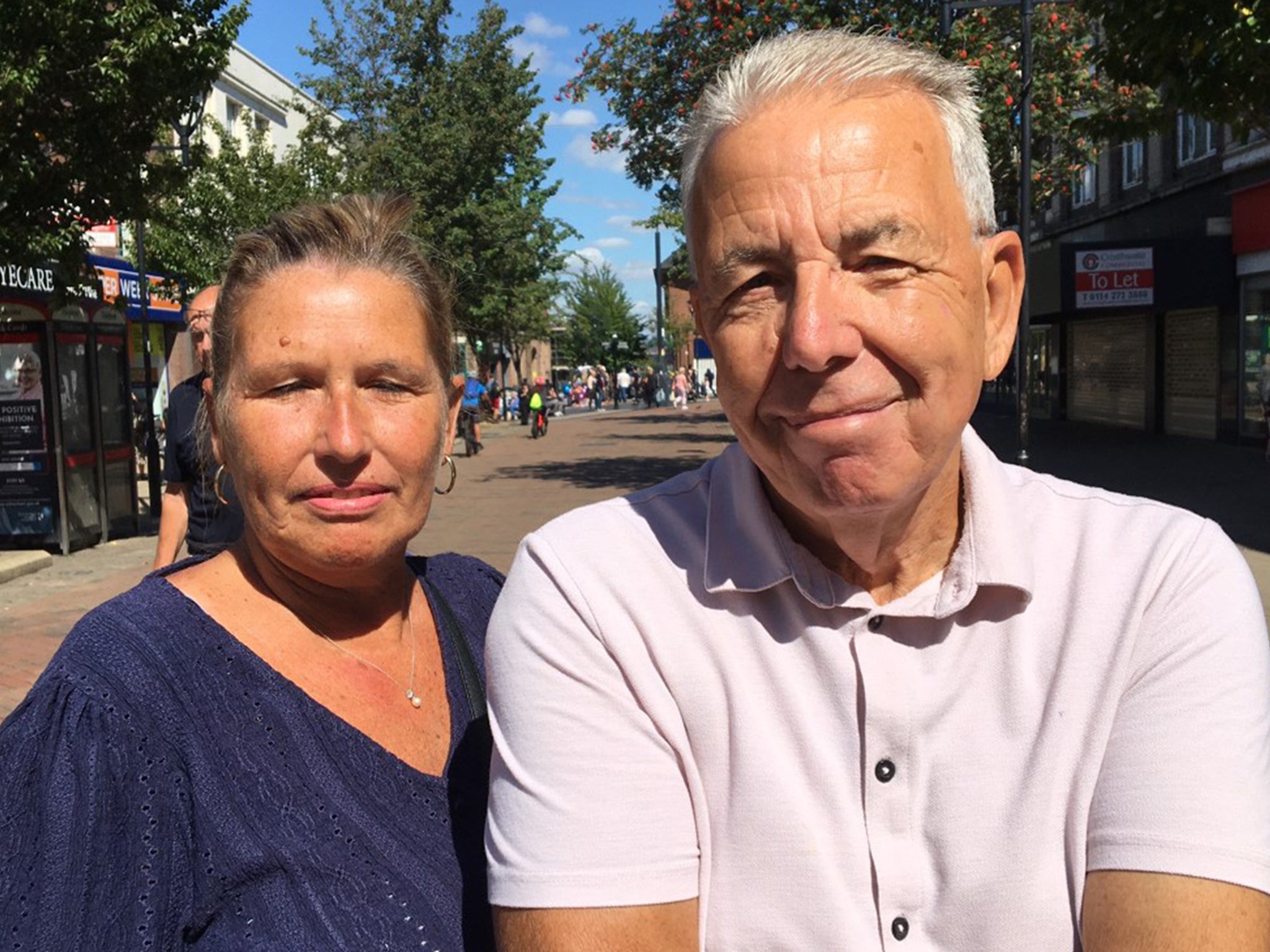‘We can’t pay what we don’t have’: Rotherham shivers at ‘terrifying’ energy price hikes
South Yorkshire town is on cost of living crisis front line – and many residents fear the worst, writes Colin Drury


On a day so glorious that the fountains in Rotherham town centre were filled with splashing children, it was strange, said one mother, Rebecca Hawthorne, to be preoccupied with winter. But, still, she couldn’t stop thinking about what was to come.
“You work your arse off and at the end of the month, you’re paying so much [on essentials], you still have less money than you started with,” the 42-year-old postal worker said. “We have two young children. What do we tell them? No, you can’t have the heating on?”
The average household energy bill will hit £3,549 a year from 1 October after regulator Ofgem announced an 80 per cent price cap increase on cap on Friday.
And in this South Yorkshire town – as across the country – the news, while not exactly unexpected, was nonetheless met with horror.
“I’m not someone who scares easily but it does make me feel anxious,” said Hawthorne. “I was saying to him [partner, Jason Marples] this morning that I’m actually terrified.”
What did he say back? “Well,” replied 52-year-old Marples, “I’m pretty terrified too.”
The couple have two grown-up children as well as a 12- and 10-year-old between them. They estimate their bills will go from being about £120 a month this summer to reach £400 a month by the winter.
“We’ve been talking about how we’ll to cope,” said Hawthorne again. “But any reductions we could make, we did most of them last winter. This year – it’s buying blankets so we can keep the heating off even longer.”

Rotherham itself will be among those towns that are on the front line of the gathering cost of living storm.
About 40 per cent of children here already live below the bread line according to End Child Poverty Coalition. Employment rates (72 per cent), healthy life expectancy (56.5 years for women) and average annual salaries (£22,802) are all well below the national average. An explosion in the use of foodbanks during the decade of austerity has never slowed down.
Now, the thought of having to pay such sky-scraping energy bills is causing huge worry for residents, reckons Labour councillor David Roche, the local authority’s cabinet member for adult social care and health.
“People have been telling us for months that they are having to choose between food and heating,” he said. “But now it’s going to get even worse. It’s terrible. I can’t ever remember a time like it for hardship. There will be severe deprivation here.”

That is the sort of position warehouse worker Tom Howarth and stay-at-home mum Josephine Glassford fear finding themselves in.
The parents of three children – aged between five and two – say they had managed to save almost £1,000 earlier this year with the hope it would go on their first ever family holiday next summer.
“But all it’s going to end up paying bills,” said Howarth, 27. “It’s already disappearing.”
The new energy hikes – which are set to go up again in January – could wipe them out completely, said 21-year-old Glassford. “What then?” she asked. “We can’t pay what we don’t have.”
Small businesses here, too, are feeling the pinch.
In the town’s market, Mick Gardener, owner of Mick’s Flowers, said that next week he would be doing something he hadn’t done in nine years: putting his prices up. “I have no choice,” he said. “If I didn’t, I’d be losing money myself.”

Spiralling energy bills are, he says, smashing him – and other stall holders here – in three separate ways.
First, they are having to pay more for their stock (in Mick’s case, because flower growers are having to pay more for their energy to produce them). Second, the electricity bills at their stalls are going up. And third, less disposable income means fewer people are coming shopping for anything beyond essentials.
“There’s a lot of belt-tightening going and, when you’re a business like ours, that’s not good news,” he said. “But we’ll get through, one way or another. We’ve been here 20 years, we’re well established and we’ve got a good customer base so we’ll be OK.”
He thought about this for a second. “We do a lot of funerals,” he added. “And there’s no way they’re going to stop.”

That the government had so far not detailed any help was only exacerbating the situation for many here.
“What government?” asked retired Alan Hellewell as he walked by the fountains. “Where’s Boris this week?” the 73-year-old wondered. “In Ukraine or on holiday?”
He and wife Joanne refused to be overly concerned about the rising bills because “we can’t do anything about it”.
But the grandparents-of-nine – who say they use less energy than most – did wonder if Downing Street quite grasped the seriousness of the situation.
“They’ll have to do something,” he said, “because, if not, you’ll have millions of people destitute. So why don’t they get on and do it?”






Join our commenting forum
Join thought-provoking conversations, follow other Independent readers and see their replies
Comments